In today’s competitive business environment, quality management is not just a choice but a necessity. Organizations across industries rely on ISO 9001, the world’s most recognized standard for Quality Management Systems (QMS), to ensure efficiency, customer satisfaction, and continual improvement. For professionals seeking to enhance their career prospects, enrolling in an ISO 9001 Certification Course and QMS Lead Auditor Training is a strategic move.
What is ISO 9001?
ISO 9001 is an international standard that outlines the requirements for a robust Quality Management System. It emphasizes principles such as customer focus, leadership, engagement of people, process approach, and evidence-based decision-making. Achieving ISO 9001 Certification demonstrates that an organization has a well-structured system to deliver consistent, high-quality products or services.
Why Choose ISO 9001 Certification Training?
The ISO 9001 Course equips participants with the knowledge and skills to understand, implement, and audit a QMS effectively. Whether you are a quality professional, manager, or someone aiming to become a lead auditor, ISO 9001 Training provides practical insights into the standard’s requirements, internal auditing, and certification processes.
Key benefits of ISO 9001 Certification Training include:
Career Growth: Gain recognition as a certified professional with in-demand auditing and compliance skills.
Industry Relevance: ISO 9001 Certification is applicable across industries such as manufacturing, IT, healthcare, finance, and services.
Enhanced Competence: Learn to evaluate organizational processes, identify gaps, and recommend improvements.
Global Recognition: ISO 9001 Training prepares you for roles worldwide, as the certification is internationally accepted.
What is the QMS Lead Auditor Course?
The QMS Lead Auditor Course is an advanced level of ISO 9001 Training designed for individuals aspiring to conduct external audits on behalf of certification bodies. This course provides a deep understanding of auditing techniques, principles of quality management, and compliance with ISO 19011 guidelines.
Participants gain hands-on experience through case studies, role plays, and practical exercises. By the end of the ISO 9001 Course, candidates are equipped to lead audit teams, evaluate compliance, and contribute to continuous organizational improvement.
Who Should Attend?
The ISO 9001 Certification Course and Lead Auditor Training are ideal for:
Quality managers and executives
Internal auditors
Consultants and compliance officers
Professionals aspiring to become lead auditors
Anyone involved in maintaining or improving quality systems
Course Outcomes
Upon successful completion of the ISO 9001 Training, participants will be able to:
Interpret ISO 9001 requirements and their applications.
Plan, conduct, and report audits effectively.
Lead audit teams and communicate findings professionally.
Support organizations in achieving and maintaining ISO 9001 Certification.
Conclusion
Investing in an ISO 9001 Certification Course or QMS Lead Auditor Training is an excellent opportunity for professionals to enhance their career while helping organizations achieve operational excellence. As businesses continue to prioritize quality, certified ISO 9001 professionals remain in high demand across the globe.


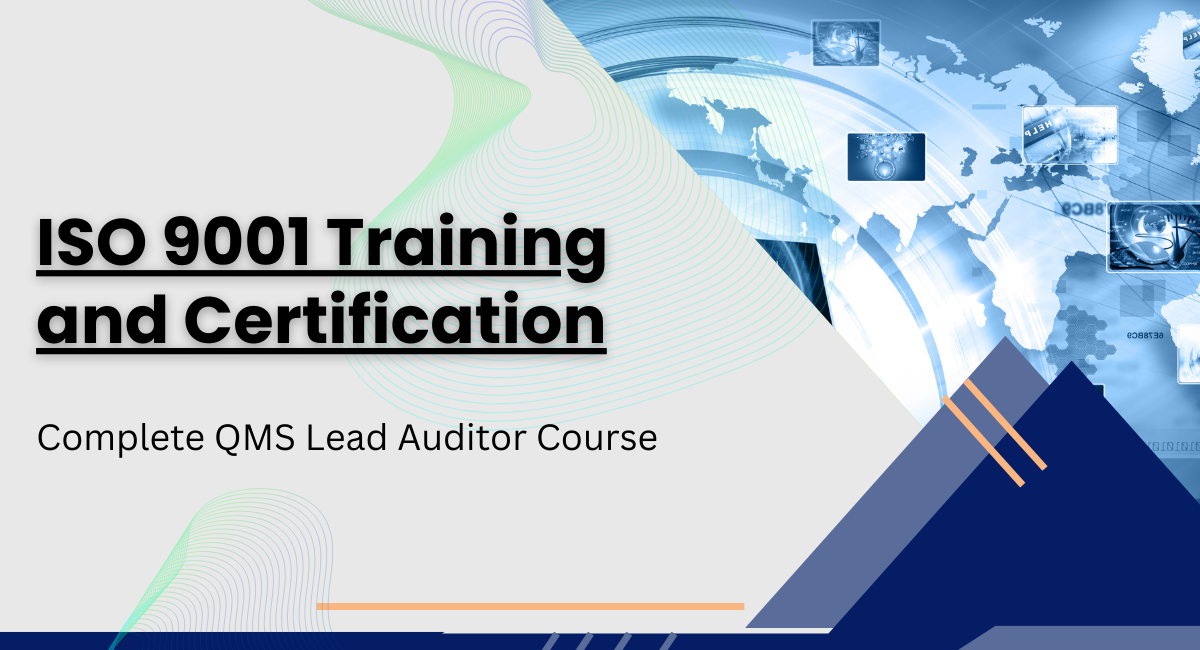
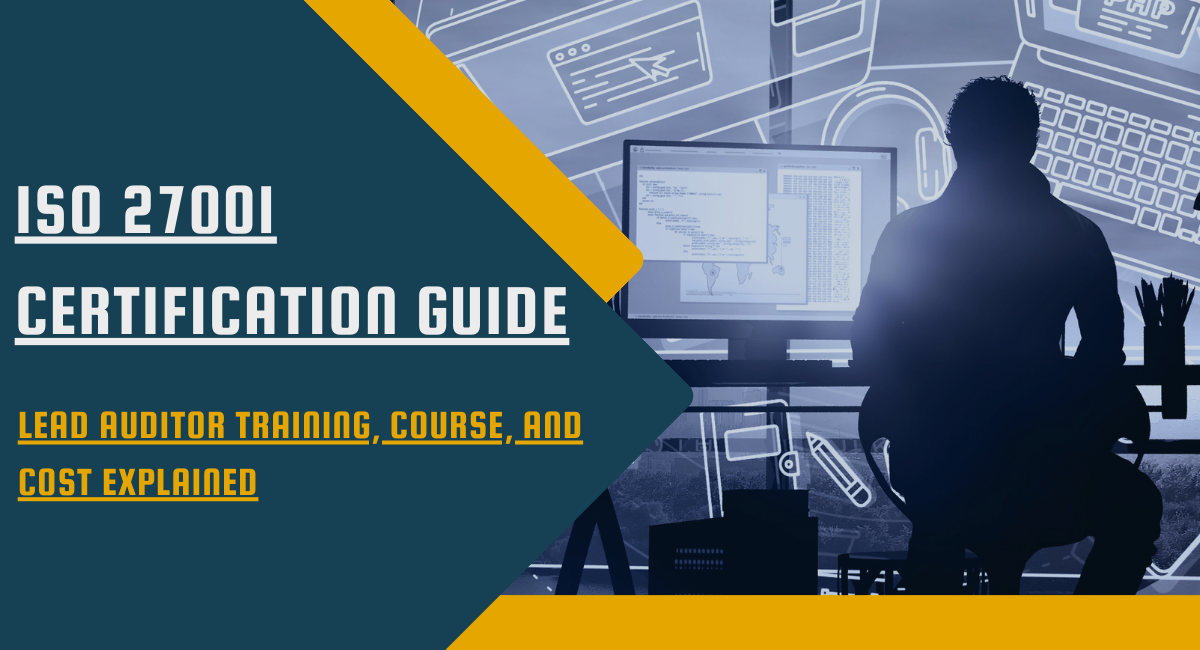

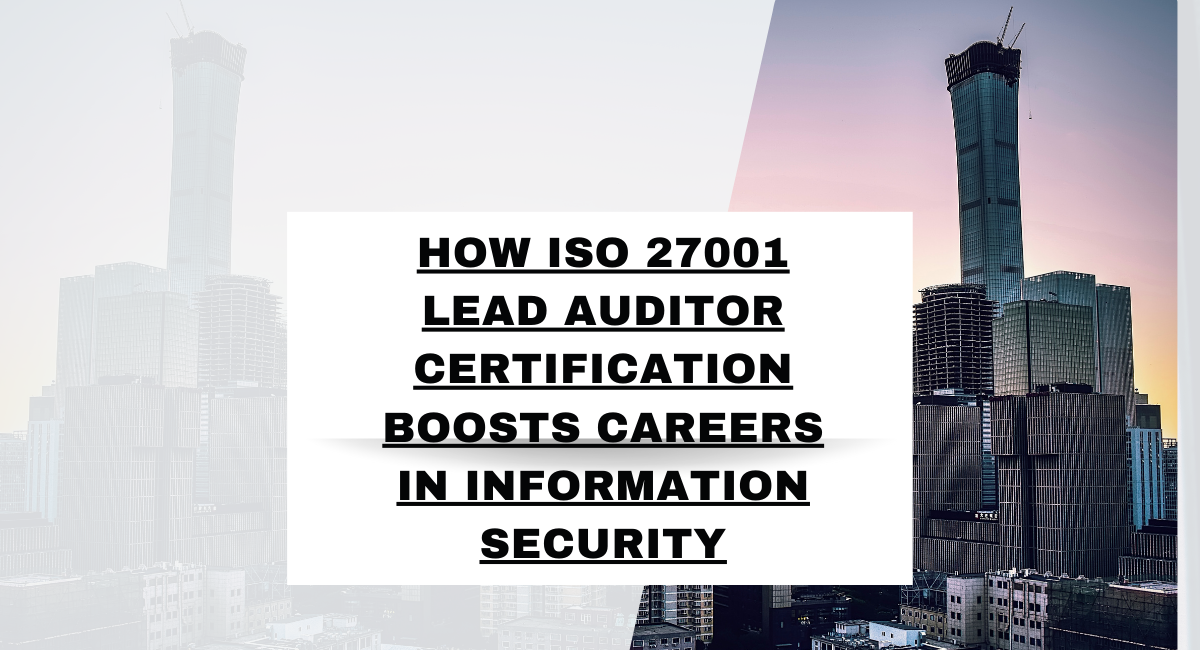


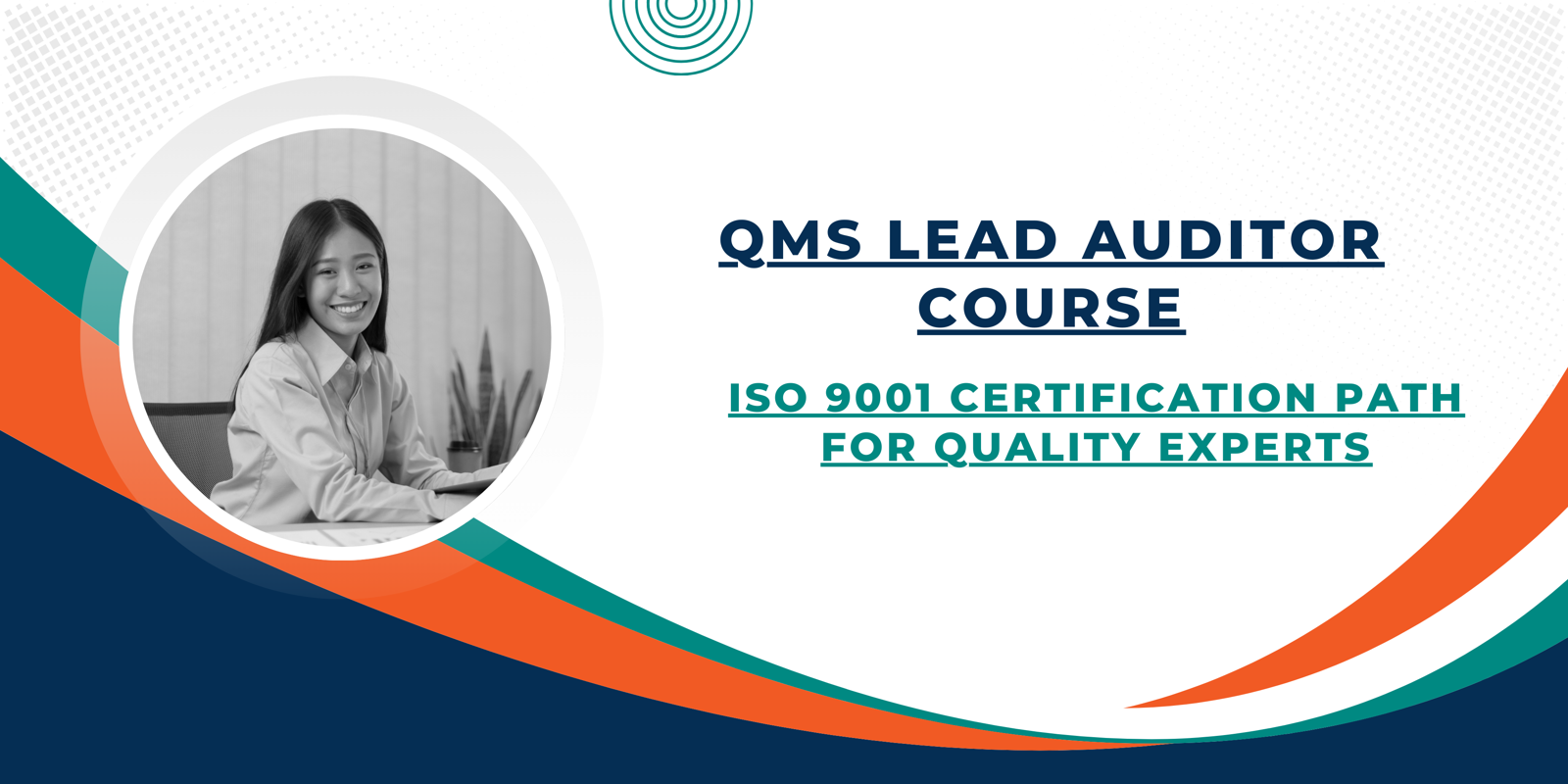

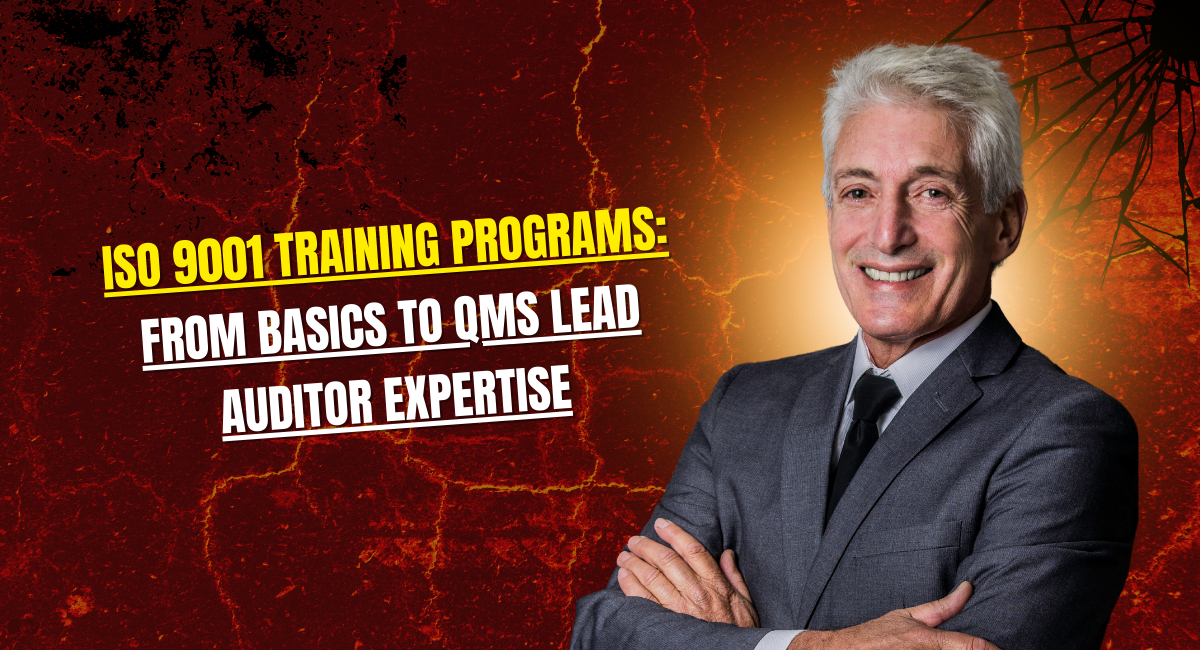

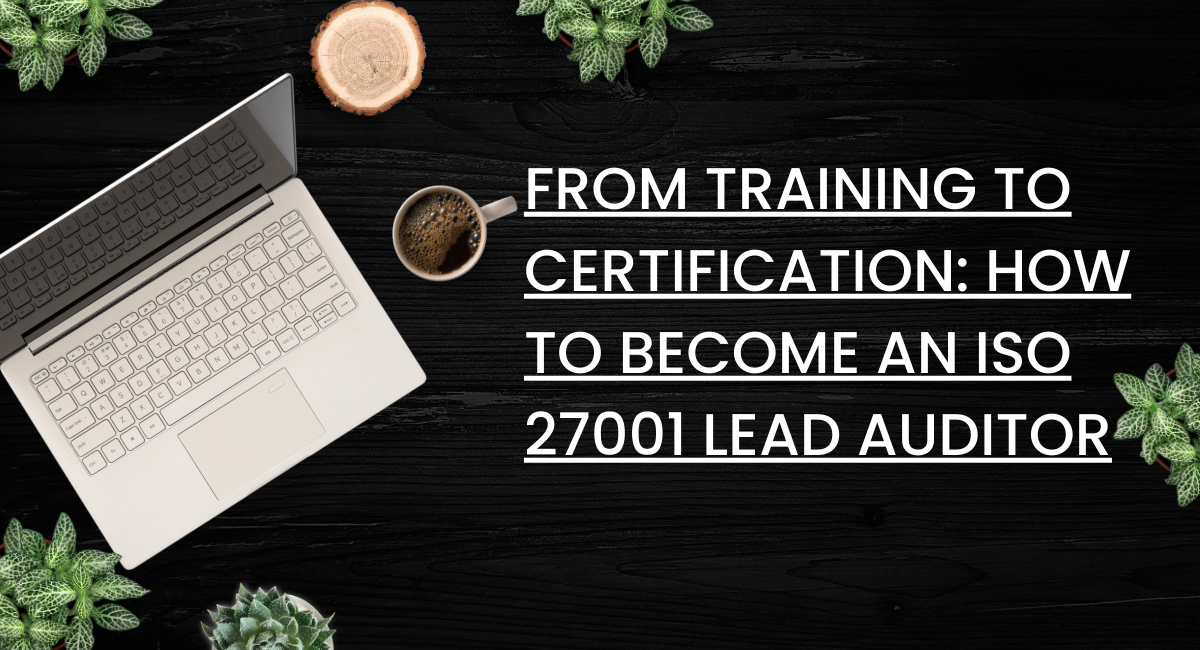
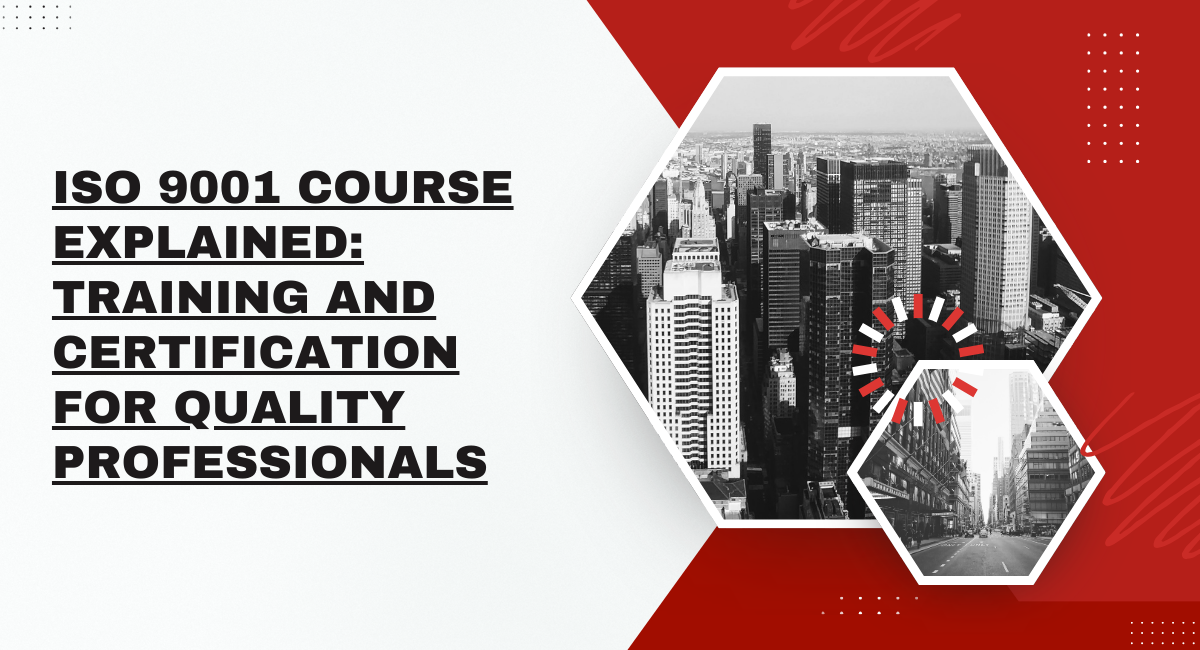


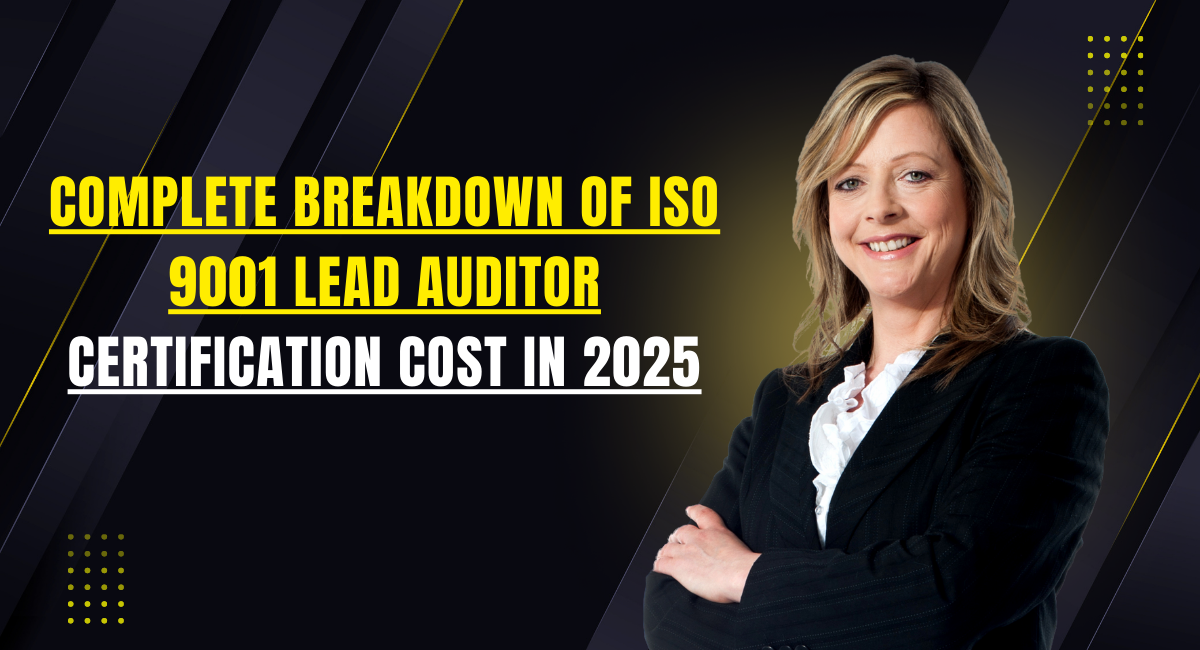


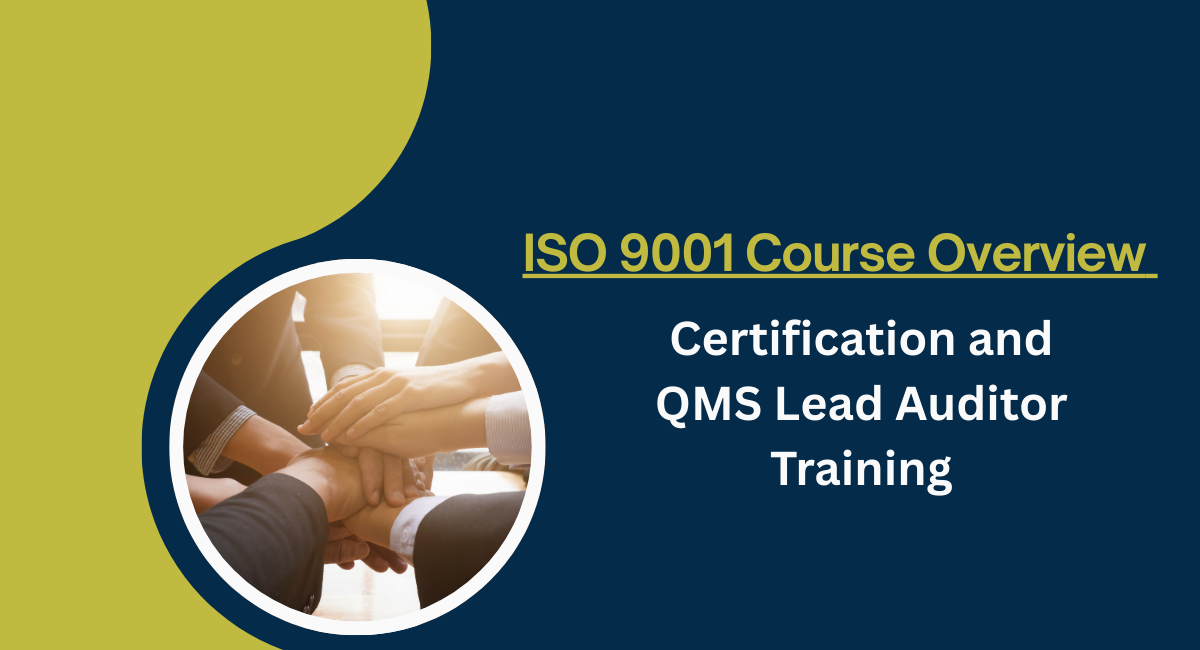
Write a comment ...